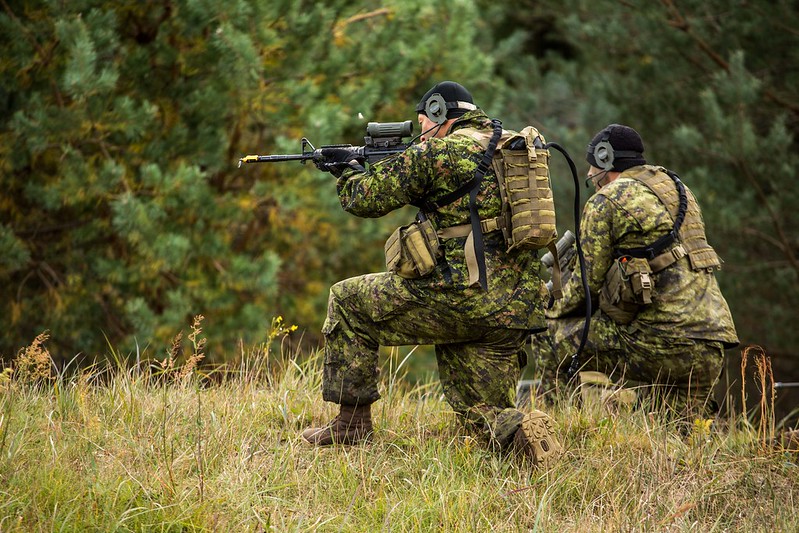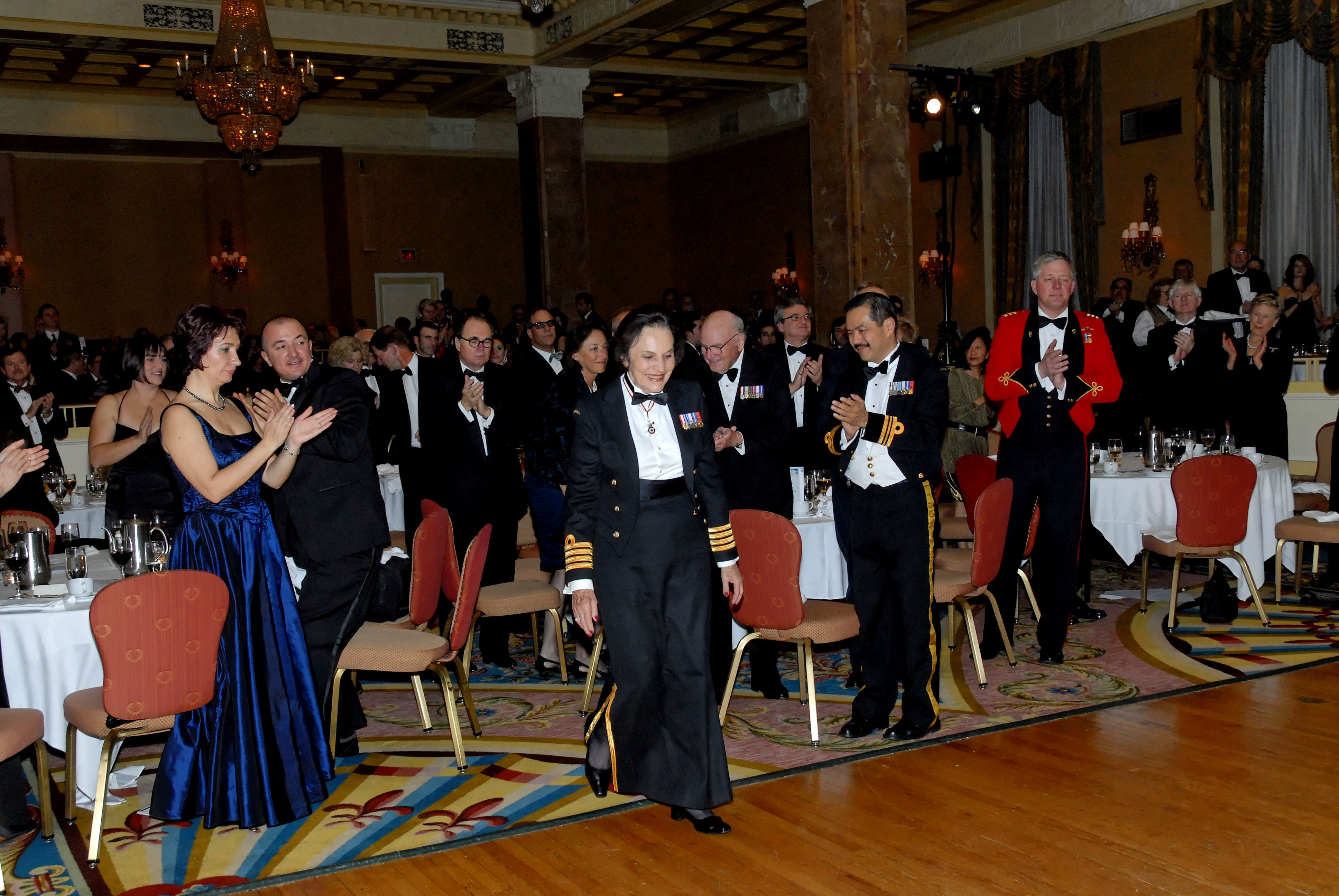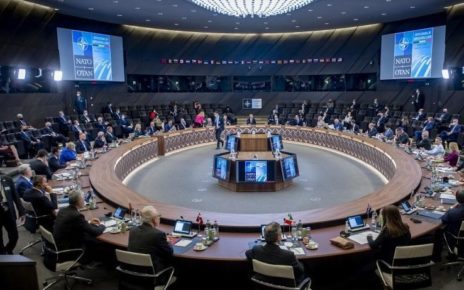The 2014 Russian annexation of Crimea marked the end of relative stability between NATO and Russia. As a significant breach of the rules-based international order, it was the first time since WWII that a European state was invaded. The incident followed a history of instability and corruption in Ukraine, exacerbated national tensions, and stoked the fear of neighbouring states that they could be the next target in either a military invasion or a devastating cyber-attack, as in the case of Estonia in 2007. Though Ukraine is not itself a NATO member, the blatant violation of state sovereignty and the threat of Russian expansion caused NATO to consider a plan to deter further aggression. The reaction was swift, and NATO states established a military presence in the Baltics that became the Enhanced Forward Presence, or eFP, a force that is becoming increasingly relevant, especially to Canada.
The eFP in Latvia is a multi-state military presence that aims to deter Russian aggression. Not only is the eFP a well-trained and cohesive military entity, but it is also an invaluable political and diplomatic tool. The states involved in the eFP work together, projecting the image of a strong, engaged alliance. In addition, under Trudeau’s leadership, Canada has recommitted to the eFP in Latvia. The Canadian military has taken a leadership role within the Baltic presence and has become a significant ally within NATO.
To contain the threat from Russia, NATO needs to continue to maintain the principles of deterrence, including presenting a unified front within the Baltics. Despite the importance of the eFP in containing the Russian threat, NATO has faced challenges in recent years that have called into question NATO’s role in the Baltics. Challenges include the US insinuating that they would withdraw from the organization, and the rising threat from China that may call for NATO focus to shift away from Russia. In addition, Canada is currently facing a period of change and low morale within the military due to top-down reports of leader misconduct. Such difficulties are all factors that could allow Russia to gain power and could potentially put the eFP and allies at risk.
However, recent challenges from hostile Russian foreign policy are continuing to impact the alliance. Challenges include the presence of troops at the Ukrainian border, the threat of cyber-attacks, and the interference in sovereign state affairs, most notably in the context of the 2016 US presidential election. These events have provided member states with a common enemy and have reinvigorated the alliance to work together to combat Russia. The eFP familiarizes members states with one another, makes them work alongside each other in a multilateral context, planning strategic exercises together such as training exercises in the black sea. The cohesive response aligns their priorities and ensures members of the alliance feel confident in their allies.
Canada taking a leadership role in eFP and the eastern flank reinforces Canada’s role as a leader on the international stage and within the alliance. This role turns Canada into a significant player in the collective security of our allies. Moreover, Canada is geographically isolated, and this isolation reinforces the need to participate in collective defence overseas. This fact is especially true given the recent volatility in US politics and the concern that Canada’s closest ally may not be reliable indefinitely as a sure provider of defence.
The threat posed by Russia is significant. However, multilateral initiatives such as the eFP are key to the protection of NATO members, strengthening the bond between allies. The eFP, led by Canada, provides the organization with common ground and a common purpose. Despite political differences between member states, the shared understanding and protection of democracy against a rival entity will further NATO’s deterrence capabilities.
Photo: Canadian soldiers return fire during eFP exercise in eastern Latvia, by NATO North Atlantic Treaty Organization via Flickr. Licensed under CC BY-NC-ND 2.0.
Disclaimer: Any views or opinions expressed in articles are solely those of the authors and do not necessarily represent the views of the NATO Association of Canada.




